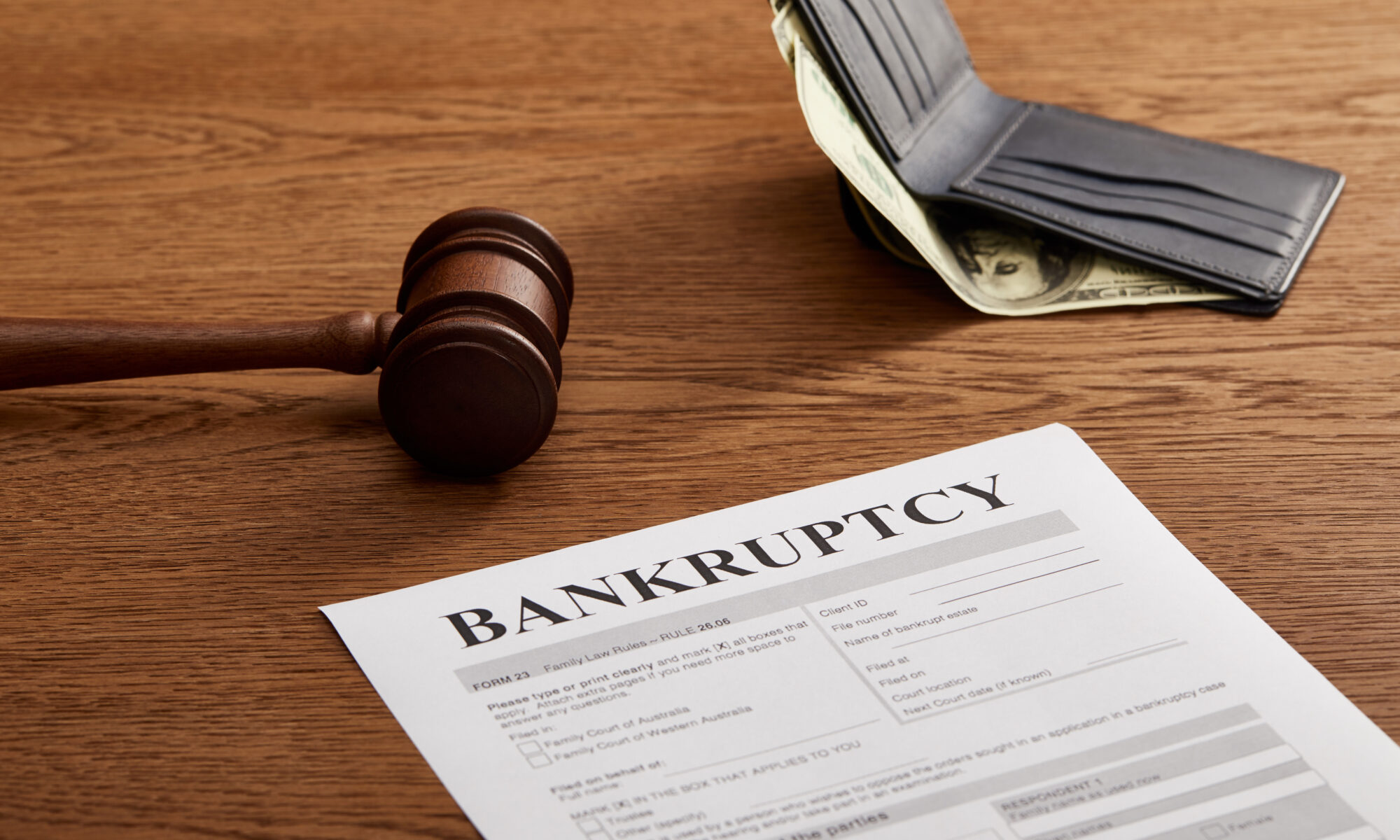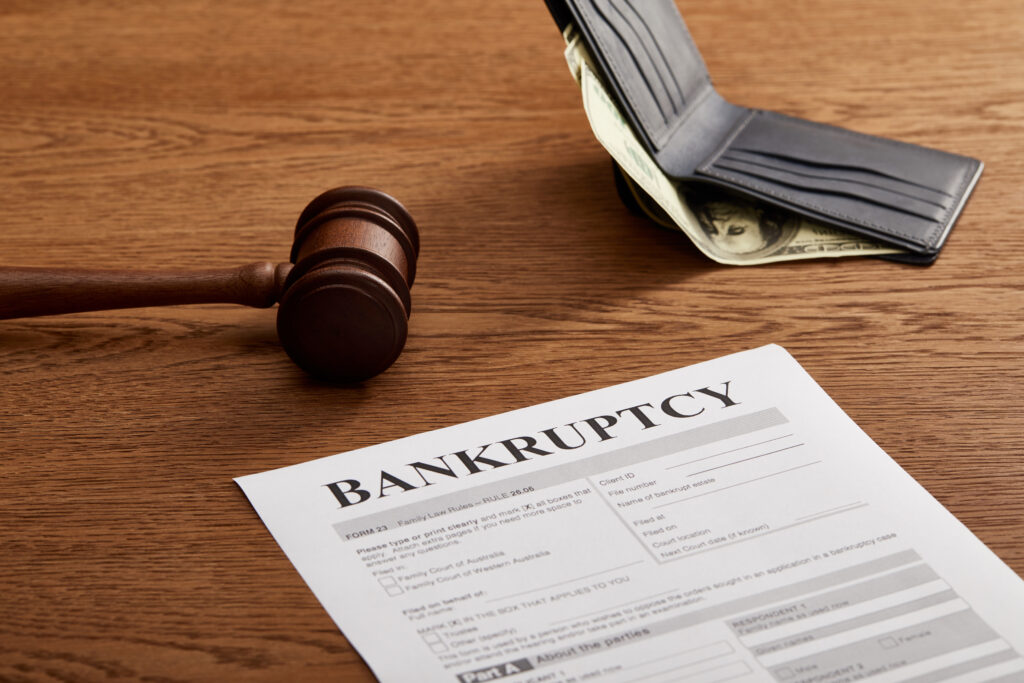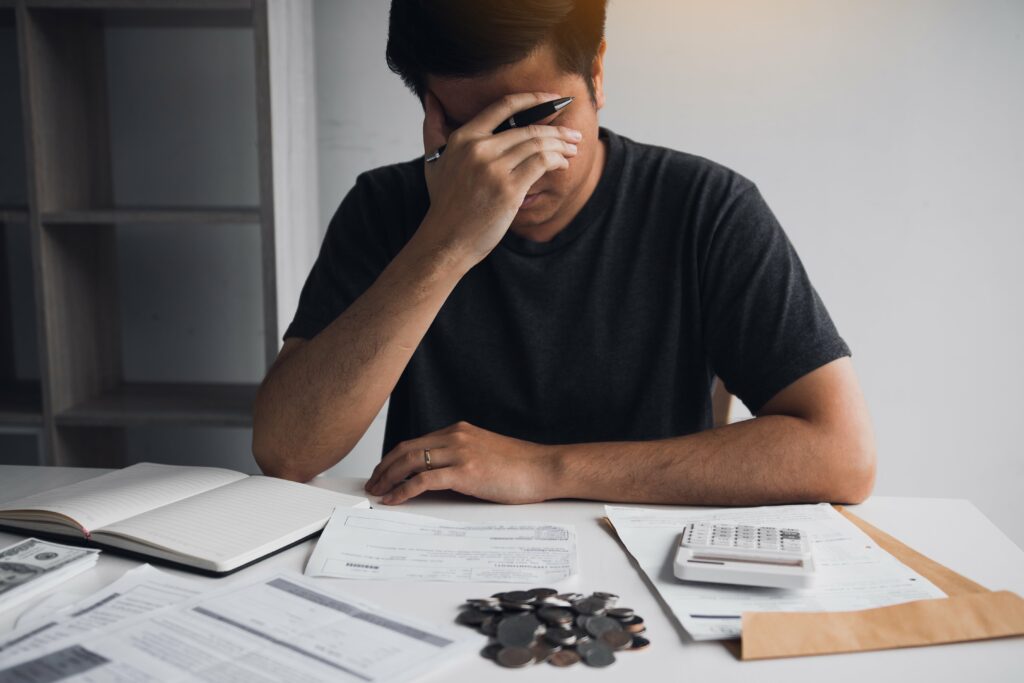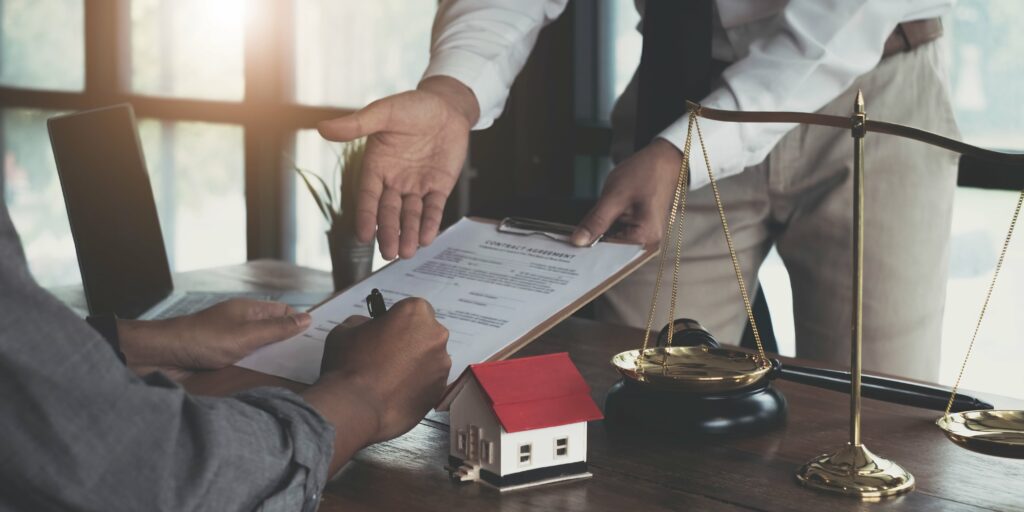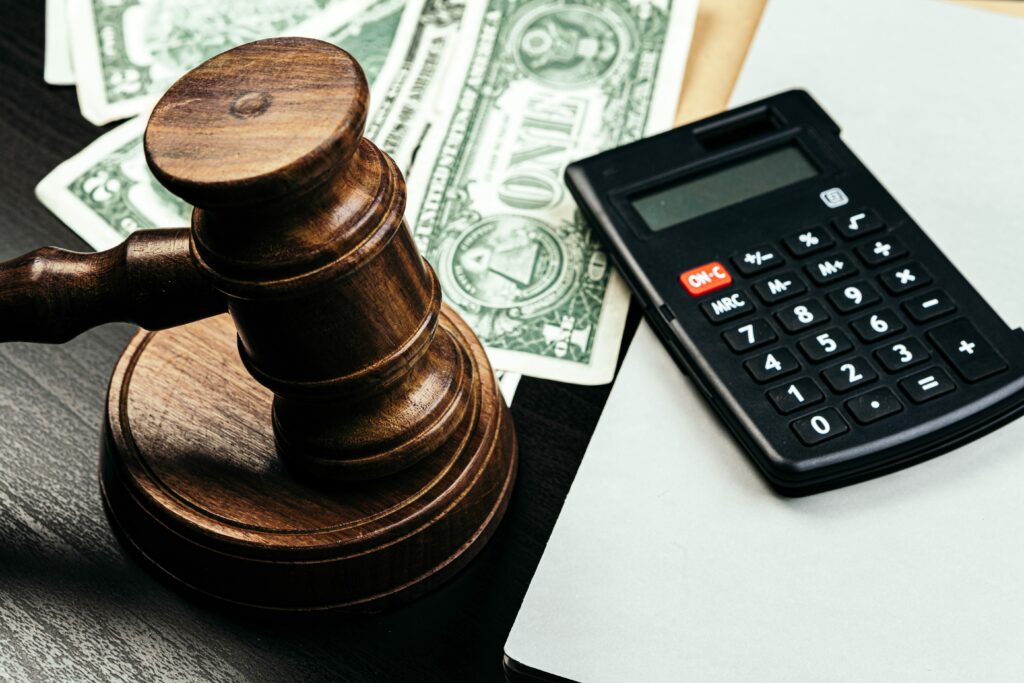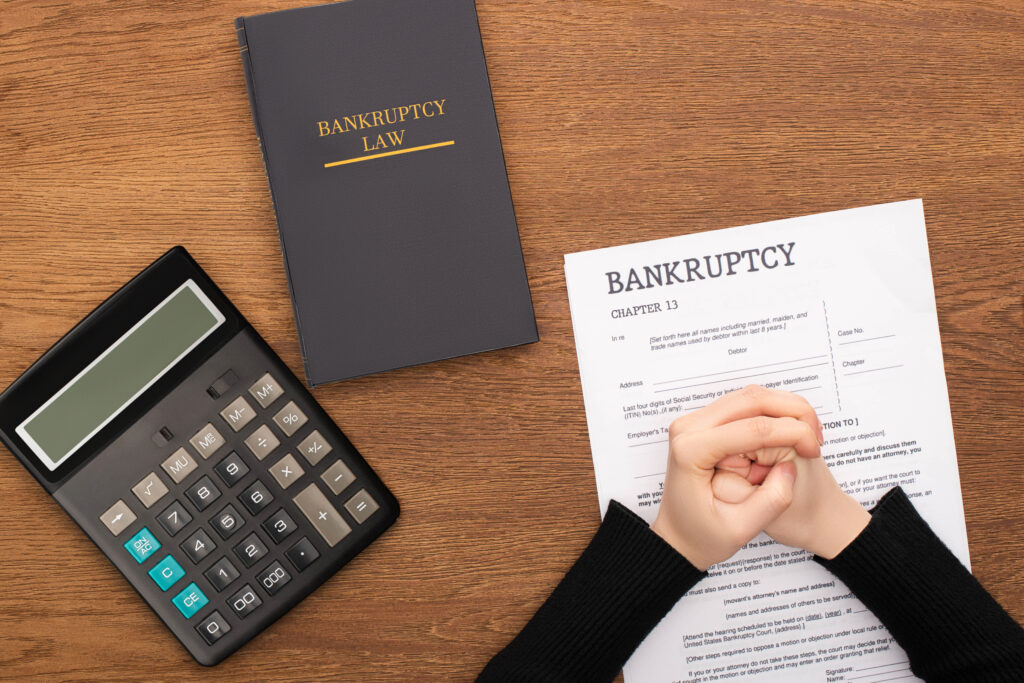
Running a small business comes with its unique set of challenges, and financial hurdles are at the top of that list. Financial difficulties may even lead to bankruptcy, which can be a complex process. Among the various types of bankruptcies, Chapter 7 is a common choice for businesses facing overwhelming debt. Let’s explore what a Chapter 7 bankruptcy will include and how a Chapter 7 bankruptcy attorney can help you file.
Will a Chapter 7 Bankruptcy Protect the Business Owner?
Chapter 7 bankruptcy is also known as “liquidation bankruptcy.” It involves selling off the debtor’s non-exempt assets to pay off creditors. While it may seem drastic, one of the key protections it offers is the automatic stay, which prevents creditors from taking collection actions against the debtor.
The Advantages of a Chapter 7 Bankruptcy for Businesses
While the thought of bankruptcy may be distressing, there are several advantages of Chapter 7 bankruptcy for businesses. Firstly, it provides an orderly process for winding up the business and discharging certain debts. Secondly, it offers the opportunity for business owners to start anew without the burden of unmanageable debt.
Determining Whether You Will Have to Pay off the Debt: Type of Business
The ability of a business owner to discharge debts under Chapter 7 bankruptcy largely depends on the type of business structure.
Sole Proprietorship
In a sole proprietorship, the owner and the business are considered the same entity. As a result, the owner is personally liable for the business’s debts. In Chapter 7 bankruptcy, the business and personal assets of the owner may be liquidated to pay off the creditors.
Corporation
Corporations are separate legal entities from their owners. A corporate bankruptcy does not directly affect the personal assets of the owners (shareholders), but it may lead to the loss of their investment in the corporation.
Partnership
In a partnership, partners may be held personally liable for the business debts, depending on whether it’s a general or limited partnership. In a general partnership, partners’ personal assets could be at risk. In a limited partnership, liability is often limited to the amount of the partner’s investment in the business.
LLC
An LLC, or Limited Liability Company, is a separate legal entity, and owners (members) are typically not personally liable for the business debts. However, personal liability can still arise in specific circumstances, such as personal guarantees for business loans.
Why You Should Have a Chapter 7 Bankruptcy Attorney
Bankruptcy laws are complex, and Chapter 7 bankruptcy requires detailed knowledge to navigate successfully. A Chapter 7 bankruptcy attorney can guide you through the process, ensuring that you are making informed decisions at every step. A skilled attorney can also help identify whether Chapter 7 bankruptcy is the best choice for your business and explore potential alternatives.
Contact The Law Offices of Robert S. Brandt for a Consultation Request
Bankruptcy is a major decision with lasting implications. If you’re a small business owner contemplating Chapter 7 bankruptcy, don’t go through this complicated process alone. Reach out to the Law Offices of Robert S. Brandt for a consultation with a Chapter 7 bankruptcy attorney. I can help you get to the finish line and decide whether Chapter 7 bankruptcy is the right choice for your small business.

